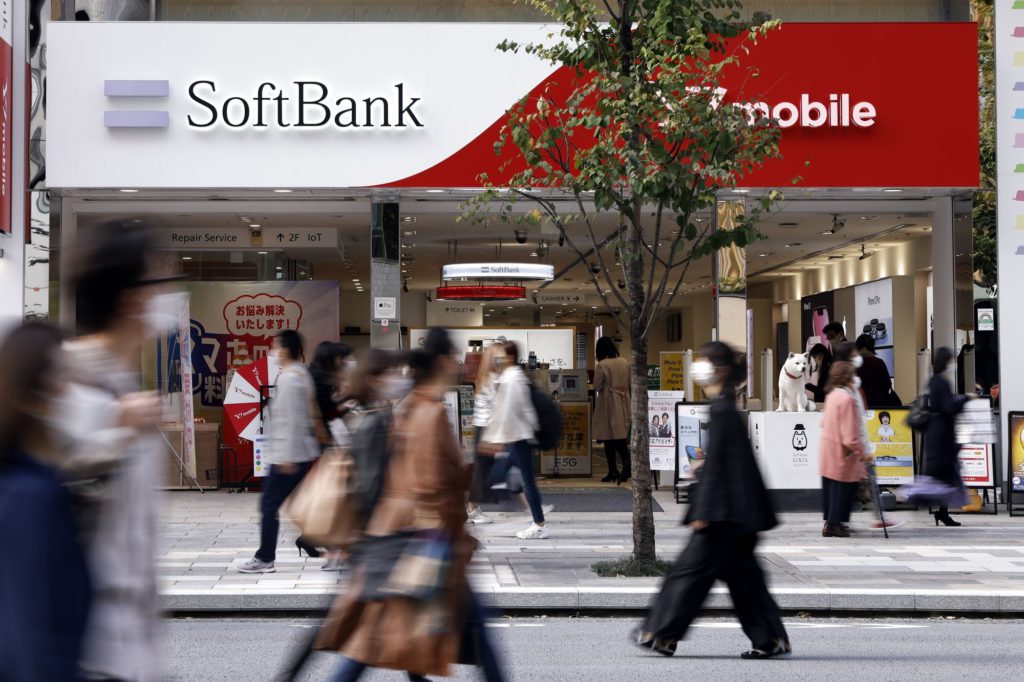(Bloomberg) — Masayoshi Son, who counted Steve Jobs as a friend, mirrored the late Apple Inc. founder on Monday when he kept Softbank Group Corp. investors waiting nearly two hours before revealing his “one more thing” after quarterly results were disclosed — a 1 trillion yen ($9 billion) share buyback.
Son, the company’s founder and chairman said that as one of the shareholders, he was “delighted.” Investors, starved of buybacks for the past six months, agreed, sending shares 11% higher on Tuesday in Tokyo, before running back some of those gains with a drop of as much as 5.1% on Wednesday.
History indicates that repurchases need to keep coming for any gains to be sustained.
“The stock tends to perform during the buybacks,” wrote Atul Goyal, an analyst at Jefferies, in a note on Tuesday.
That might be understating the connection: in the past five years, SoftBank has outperformed during periods of share repurchases, but dropped or stayed largely in line with the Japan benchmark when not supported by the equity action.
SoftBank surged more than 50% during a six-month period in 2016 when it repurchased 500 billion yen of shares, compared to just a 1% gain by the Topix in that time.
But during the next two and a half years, when no buybacks were forthcoming, the 25% gain barely beat the Topix’s advance.
Shares popped again when the next buyback was announced in February 2019, rising 18% in about three months while the Topix dropped 3%.
This relationship has been especially clear this year.
Between the time SoftBank concluded a 2 trillion yen buyback program in May and announced its latest plan on Monday, the stock tumbled 33% while the Topix gained 8%.
The weakness without buybacks might explain why Son was at pains to note that the new offer not be concluded within the alloted one-year period, even though previous transactions typically wrapped up earlier than advertised.
“Don’t call me a liar if it’s not completed within a year,” he jokingly warned reporters on Monday.
On the other hand, he strongly hinted that the discount between the share price of the holding company and Son’s favored metric of net asset value was even steeper than advertised — provided that the sale of Arm Ltd.
to Nvidia Corp. isn’t blocked by regulators, or if he’s able to take Japan mobile-payments unit PayPay public.
Either event would be another cash windfall that could bring more delight to shareholders — and Son himself.
More stories like this are available on bloomberg.com
©2021 Bloomberg L.P.











